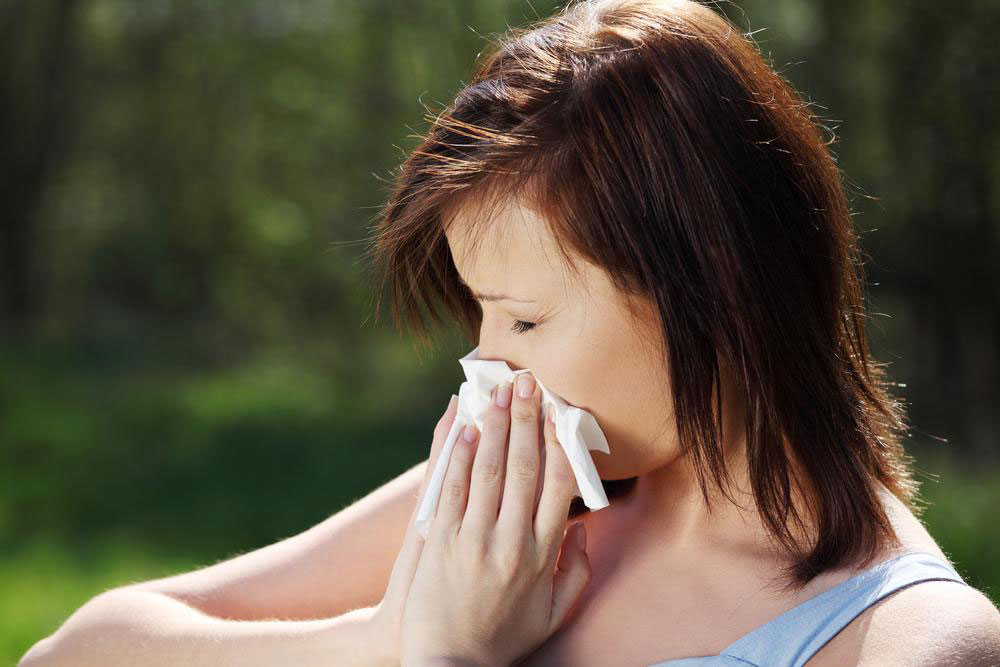Essential Questions Before Addressing Allergy-Related Cough Symptoms
Discover essential insights into managing allergy-related coughs. Learn how to distinguish these from colds, explore effective home remedies, understand risk factors, and find preventive tips to alleviate symptoms and improve quality of life. This guide offers practical advice to help you control allergy-induced coughing effectively and safely.

Key Questions to Consider When Managing Allergy-Triggered Coughs
Seasonal allergy symptoms can cause significant discomfort if not properly managed. These allergic reactions often resemble colds and coughs, making diagnosis tricky. This article explores how to distinguish allergy coughs from common colds, discusses home remedies, preventive tips, and clarifies the differences in symptoms to help you manage your condition effectively.
How can you tell apart a cold cough from an allergy-induced one?
A cold typically lasts from three to three weeks, while allergy coughs can persist as long as you're exposed to the allergen.
Colds are common year-round but peak during winter. Allergy symptoms can occur any time, depending on seasonal triggers.
Cold symptoms usually appear a few days after infection, whereas allergy symptoms can be immediate.
A cold may include aches, fever, and sore throat, whereas allergy coughs often involve a runny or stuffy nose, itchy watery eyes, and persistent coughing.
Factors increasing the risk of allergy-related coughs
Asthma - Allergens can trigger asthma symptoms such as persistent coughing, breathing difficulty, or post-nasal drip.
Smoking - Toxins in tobacco smoke can cause a smoker’s cough and may lead to chronic bronchitis.
Irritants - Environmental factors like pollen, pet dander, chemicals, and pollution can provoke allergy symptoms including coughing.
Gastroesophageal Reflux Disease (GERD) - GERD can contribute to respiratory issues, leading to chronic coughing.
Effective home remedies for allergy-induced coughs
Sage - Helps reduce inflammation in the mouth and throat, easing coughs caused by allergens.
Honey - Acts as a natural throat soother, relieving dryness and irritation from allergic triggers.
Ginger - Known for its antihistamine properties, ginger can help decongest mucus and soothe coughs.
Thyme - Its anti-inflammatory properties relax airway muscles, decreasing cough urges.
Prevention and relief tips for allergy coughs
Stay Hydrated - Drinking plenty of fluids thins mucus and maintains moist mucous membranes.
Steam and Humidifiers - Steam showers help loosen nasal congestion; humidifiers add moisture to dry air. Ensure humidifiers are cleaned regularly to prevent mold growth.
Air Purification - Use filters to reduce airborne irritants like perfumes and cigarette smoke, which can worsen allergy symptoms.










